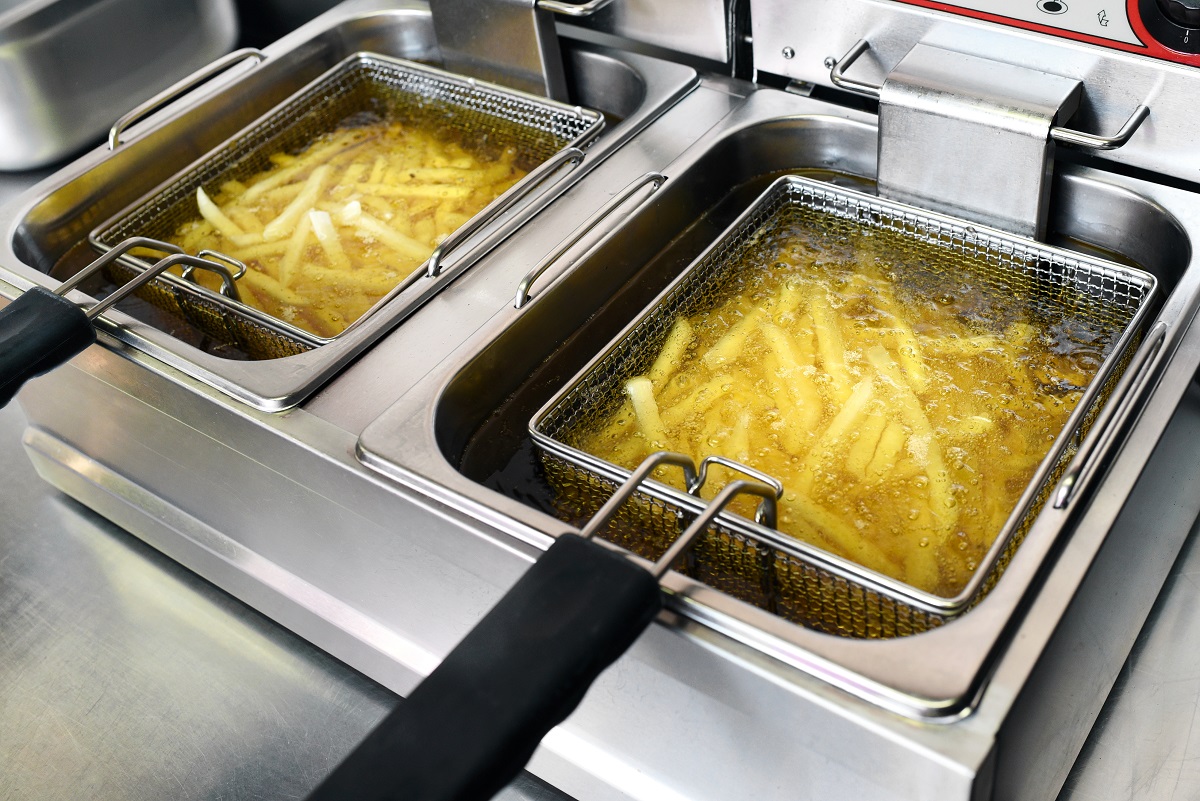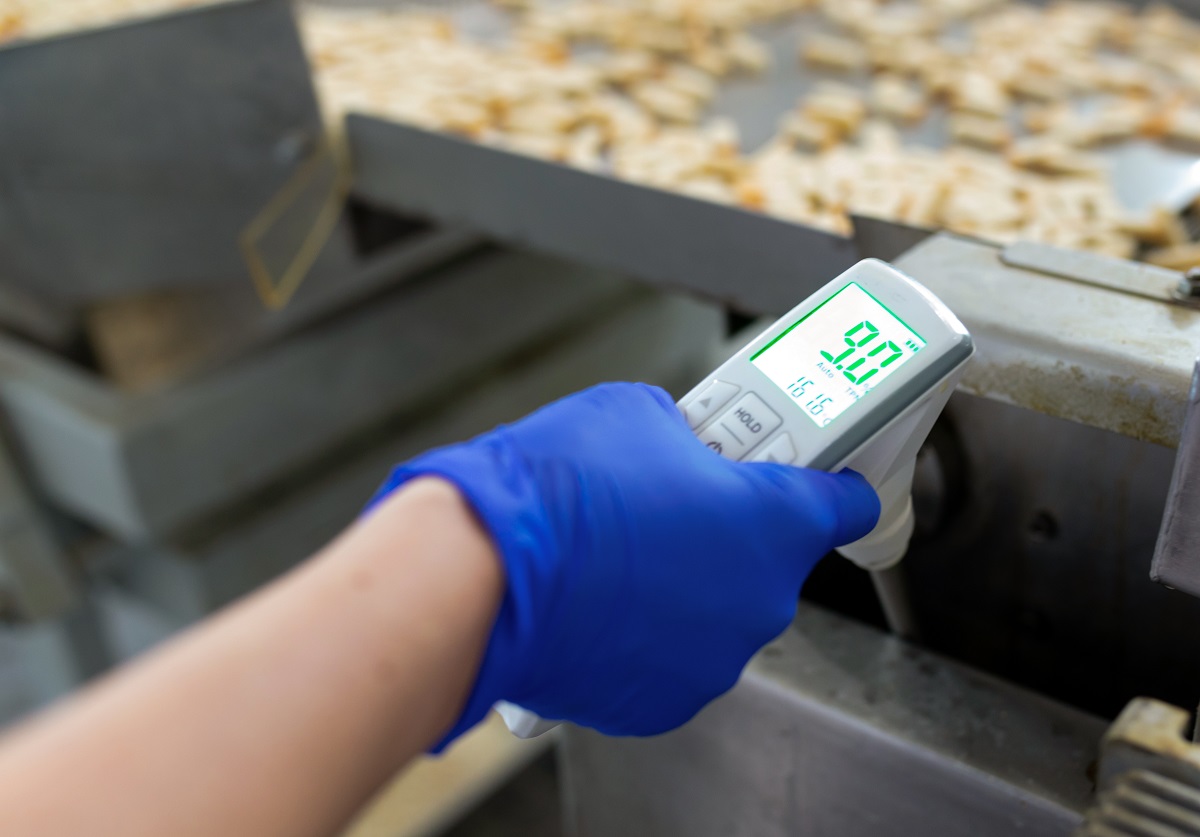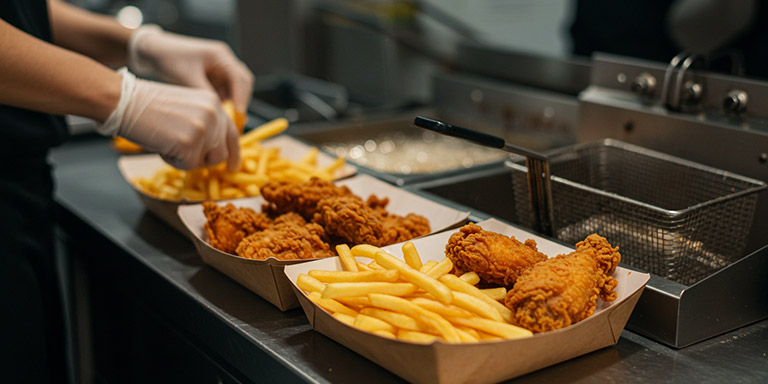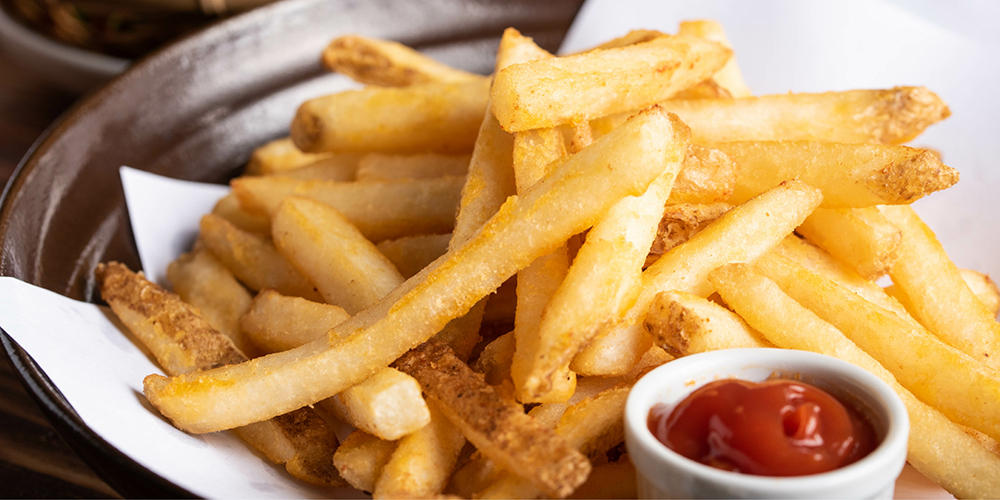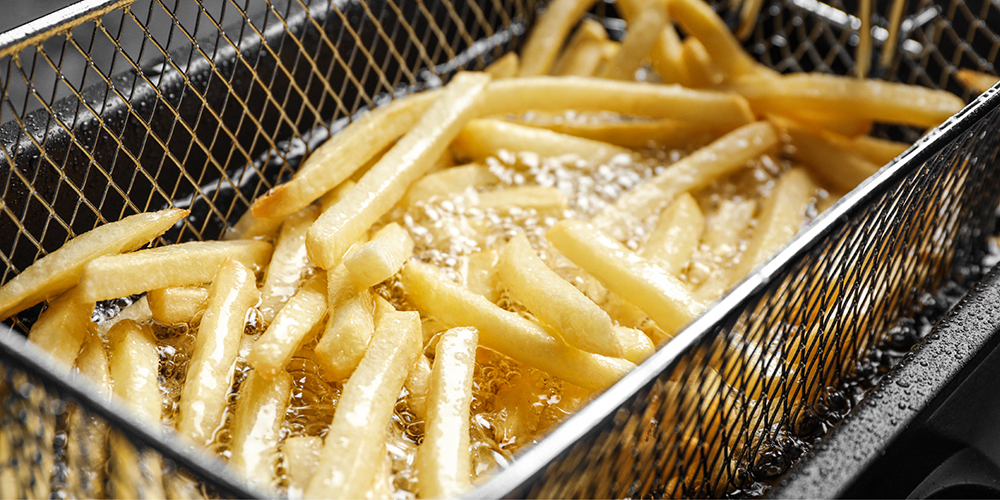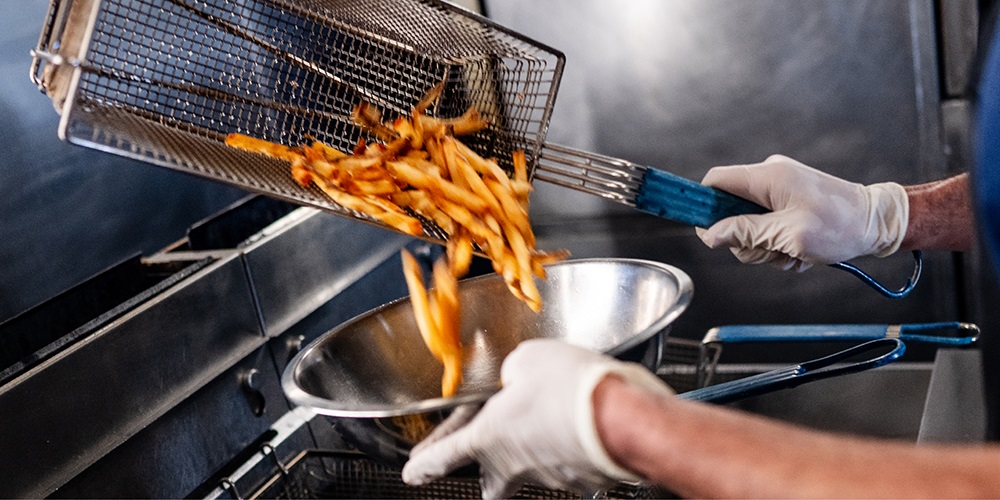As a restaurant owner or manager, you know that the quality of your food directly impacts your success. But did you know that how you handle cooking oil plays a crucial role in maintaining those high standards? Improperly stored or disposed of fryer oil can lead to food quality issues, increased operational costs, and even safety hazards. In this post, we’ll explore effective strategies for storing and disposing of used cooking oil. By following these guidelines, you can ensure that every dish you serve is fresh, delicious, and prepared in a safe, efficient kitchen.
Why Proper Storage of Used Cooking Oil is Essential
How to store used cooking oil is critical for restaurant operations, not just for economic reasons, but also for food safety and quality control. When oil is reused improperly or stored in suboptimal conditions, it can break down faster, degrade in quality, and negatively affect the taste and safety of the food cooked.1
When cooking oil isn’t stored properly, it may become rancid, taking on a bitter taste or foul smell, which will inevitably transfer to the food it cooks. Rancid oil is also a health concern as it can form harmful compounds that pose risks to your customers’ health. Ensuring the proper storage of oil after use helps you get the most out of your investment while safeguarding the integrity of the dishes your restaurant serves.
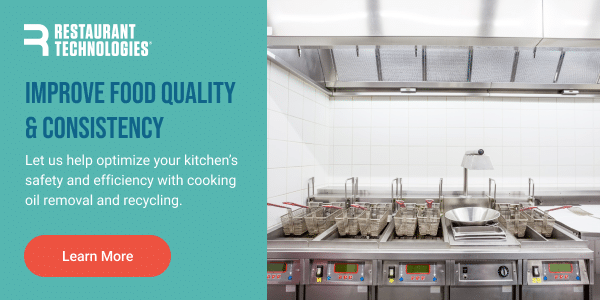
What is the Best Way to Store Used Frying Oil?
Properly storing used oil is essential for restaurants to maintain quality and ensure safe kitchen practices. Here are key considerations for storing used frying oil:
- Cool Down the Oil in the Fryer
If you’re removing used oil from the fryer at the end of the night, ensure you allow it to cool safely first. This eliminates the risks associated with transferring hot oil and helps streamline the removal process. If the oil is being left in the fryer overnight to be used again the next day, consider covering the fryer to minimize exposure to oxygen and keep dust out.
- Filter the Oil at the End of the Night
Filtering oil at the end of each shift is considered best practice in restaurants. This removes food particles, debris, and impurities that can cause the oil to break down faster, extending the life of the oil
- Store in Indoor/Outdoor Tanks
Restaurant Technologies’ indoor and outdoor tanks are designed with dark plastic materials that eliminate light exposure, which can degrade oil quality. This advanced storage solution is superior to traditional JIBS, as the opaque plastic used in JIBS can allow some light in, accelerating rancidity. Properly storing used oil in these tanks helps maintain its quality until it is recycled or disposed of.
How Many Times Can Cooking Oil Be Reused?
Reusing cooking oil can save costs, but there is a limit to how many times oil can be reused before it becomes unsuitable for cooking. Monitoring for signs of degradation helps determine when the oil should be discarded.
- Signs of Oil Degradation
Watch for changes in color, smell, and consistency. Old oil that has turned dark, thickened, or has an off-putting odor is no longer fit for use. Additionally, oil that begins to foam excessively during deep frying is a sign it has broken down and should be replaced with fresh oil. - Recommended Reuse Guidelines
The number of times oil can be reused depends on the type of oil and the food being fried. Peanut oil, for example, is more stable at high temperatures and can be reused more times compared to canola oil. For most oils, reusing them 3 to 4 times is a general rule, but frequent filtration can extend the oil’s life. Freshness is also a key consideration. For example, canola oil shelf life differs from vegetable oil.
What is the Best Container to Store Cooking Oil In?
Choosing the right cooking oil container is important for proper preservation. Here’s a comparison of the most common types:
- Glass Containers
Glass containers are non-reactive and do not leach chemicals into the oil, making them an excellent option for storage. However, they are fragile and do not offer protection from light unless they are tinted. - Plastic Containers
Plastic containers are lightweight and less likely to break, but only certain types of plastic are suitable for storing oil. Always ensure the plastic is food-grade and able to withstand the oil’s temperature without melting or releasing toxins. - Metal Containers
Metal containers, especially stainless steel, are durable and block out light, making them one of the best options for storing used oil. However, ensure the metal is non-reactive to prevent any adverse reactions with the oil.
Restaurant Technologies provides dark plastic tanks as part of our total oil management system. Our tanks are designed for safe indoor and outdoor use and the dark plastic eliminates exposure from light, protecting the oil and extending its shelf life.
Why Restaurant Technologies Provides the Best Total Oil Management Solution
Managing cooking oil efficiently can be time-consuming and labor-intensive. That’s where Restaurant Technologies’ Total Oil Management system comes in. With automated systems for filtering, storing, and monitoring cooking oil, Restaurant Technologies offers a comprehensive restaurant oil filtration solution that minimizes labor while maximizing the oil’s lifespan.
- Automated Solutions
The Total Oil Management system handles everything from oil filtration to proper storage and disposal, reducing the amount of manual work your staff needs to perform. It also helps maintain consistent oil quality, which ensures that your customers always receive high-quality food. - Optimizing Oil Usage
With advanced monitoring, Restaurant Technologies’ solutions help you extend the life of your oil by filtering it at the optimal times and keeping it fresh for longer, cutting down on waste and reducing operational costs.
How to Dispose of Cooking Oil Safely After Storage
Once oil can no longer be reused, it needs to be disposed of safely. Improper cooking oil disposal can have environmental and financial consequences.
- Safe Disposal Methods
Partner with a certified oil recycling company to dispose of used cooking oil. These companies can repurpose the oil for biodiesel or other eco-friendly uses. Never pour oil down the drain, as it can cause serious plumbing issues and environmental harm. - Environmental Considerations
Proper oil disposal is essential for preventing environmental contamination. Restaurants that dispose of oil correctly can avoid fines and contribute to more sustainable operations.
Restaurant Technologies provides the safest way to dispose of hot cooking oil. Our equipment allows for seamless transfer of hot oil from the fryer to the used cooking oil tank. This completely eliminates the need for manual handling, reducing the risk of spills, while enhancing overall kitchen safety and supporting sustainable practices.
By leveraging oir advanced disposal solution, restaurants can achieve safer, cleaner, and more sustainable operations.
Tips for Maximizing Oil Usage in Your Restaurant
Here are a few tips to help you get the most out of your cooking oil2:
- Proper Filtration
Regular filtration is key to extending oil life. Use Restaurant Technologies’ automated systems to ensure filtration is done at the right intervals. - Temperature Control
Maintain the proper frying temperature. Overheating the oil leads to faster degradation, so keeping the oil at the right temperature helps it last longer. - Frequent Monitoring
Just as it’s important to know how to clean restaurant hood filters, you should know how to test oil quality for signs of degradation. By monitoring its color, smell, and consistency, you can replace the oil before it negatively impacts food quality.
Next Steps with Restaurant Technologies
Storing and reusing cooking oil in a restaurant setting requires careful attention to detail. By following best practices for storage, reuse, and disposal, you can save on costs, improve food quality, and reduce environmental impact.
Partnering with Restaurant Technologies for Total Oil Management is the ultimate way to simplify the process, ensuring that your oil is filtered, monitored, and disposed of properly. Learn more about how their solutions can optimize oil usage in your kitchen and extend the life of your frying oil.
Sources:
- Golden Fry Oil. “How To Store Cooking Oil Properly in Your Restaurant”. https://goldenfryoil.co.za/how-to-store-cooking-oil-properly-in-your-restaurant/
- Restaurant Business Online. “3 Steps To Maximize Oil Life”. https://www.restaurantbusinessonline.com/food/3-steps-maximize-oil-life
